Exploring The Emotions: Ravi Kharat
Exploring the emotions that music evokes is what makes him happier. Ravi Kharat is a Guitarist and a Music Arranger. He has composed music for jingles as well as for TV serial backgrounds. Recently, he composed the music for a Marathi comedy film, “Varhadi Vajantri,” starring Makarand Anaspure and Priya Arun Berde, released on November 11, 2022. With a dream to create good music that captures the perfect emotions, Musician Ravi Kharat described this project as his ‘dream project’. In an exclusive interview with Swar Aalap Digital, he shares his thoughts, his story, and his experience.
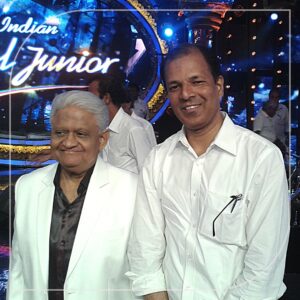 What inspired you to become a musician?
What inspired you to become a musician?
When compared to today’s music, it was considerably different back then. Whether the song was in Marathi, Gujarati, Hindi, or any other language, they all had a really nice melody to them. Back then, when I was a little child, we didn’t have television at home. I used to listen to Lata Mangeshkar and Asha Bhosle’s singing on the radio, unaware of who these singers were. When I grew a little older, I discovered that these celestial voices belonged to Lata Ji and Asha Ji, and music became more interesting to me. Newspapers at home were really helpful in that, as they allowed me to learn more about music through the articles they included, which in turn increased my interest in it. There was also my neighbor, the late Shekhar Parwe Ji, who was a tremendously great drummer. Also, he served as my inspiration. My interest grew as a result of him as well. My life, however, was forever changed the day I met musician Mr. Ramesh Iyer. Coming from a Marathi background, after doing my B.Com., I made the decision to get a 6–9–hour job and lead a regular life. However, after meeting musician Mr. Ramesh Iyar, who is extremely enjoyable and who also has a vast amount of knowledge about a variety of topics, I changed my mind and decided to pursue music as a career. He changed my life.
What is your favorite music composition to date, and what emotions did you experience while composing it?
When I received a Marathi project regarding Shivaji Maharaj, the lyrics touched my heart. The song’s lyrics were written by the Chief Assistant Editor of Sakal (Pune), a renowned Marathi newspaper. Unexpectedly, the lyrics he wrote were not in Powada form, which is a kind of song or poem that glorifies Shivaji Maharaj. Knowing that the song’s form was different made me very glad. It was something new from what’s ordinary. There was a lovely passage in the lyrics that I thought was really nice. The lyrics showcased a scene where Shivaji Maharaj’s mother, Jijabai Ma, was swinging him as a baby and telling him, “Laukar Motha ho,” which roughly translates to “grow up quickly.” She continued, “You have a lot of responsibilities as you have to save women from getting abused and protect the empire from the Mughals.” I was so moved that I was on the verge of tears. That song had such lovely lyrics.
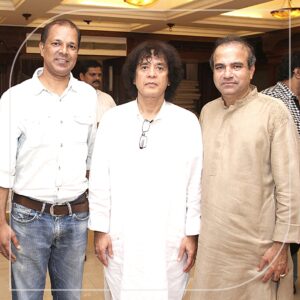 What, in your opinion, is the best aspect of being a music arranger as well as a guitarist?
What, in your opinion, is the best aspect of being a music arranger as well as a guitarist?
Personally, it strengthens my technical abilities as a musician. For me, it’s a positive, and it’s a plus for every other music arranger as well. A music arranger is almost completely knowledgeable about the instrument ranges, including which instruments and scales produce melodies. It also helps us as music arrangers to know which instrument to use in a given context because, after all, music should be suitable for the situation. Being a guitarist myself, I use the guitar exclusively to create my compositions because it is an instrument that produces both harmony and rhythm. I consider how the violin obbligato will fit into the song and other instruments as I play the guitar at the same time. And because Pyarelal Ji used to do this, I also learned how to create an obbligato out of an obbligato. Overall, playing the guitar and arranging music has helped me better grasp how to create music and how to incorporate it into songs based on their mood and context. We understand music and compose it in accordance with its geographical context. We also have to consider the time, the setting, etc. It is a vast topic that requires a lot of thought but is also fun and exciting.
What do you find to be the most difficult part of composing music as a music arranger?
In my opinion, composing music is tough for a variety of reasons. Music requires emotion, and music is primarily about feelings. It is extremely tough to achieve the correct emotion in music since there are so many emotions in music that must be portrayed. It’s not necessary to write a romantic song about someone you love. It can also be about loving yourself or living life to your own rhythm, and adding such feelings to it is really amazing, much like in the music of the song “Chala jata hoon Kisi ki dhun mein,” whereas in the music of “Mujhe le ke saath chal tu,” where a partner also entered in the scenario, changing the vibe of the music to fit the song. Songs with lyrics like “Oh Mehebooba,” “Chand Si Mehebooba Ho”, “Chandan Sa Badan” and others that express love for girls are ideal examples of how emotion can be added to the music. This kind of emotion can be challenging but fascinating to convey through music.
Another wonderful thing is the love a mother has for her child. I’m quite fond of my mother. To me, she was a wonderful person. As a child, I often wondered if I could reach the level of my mother’s greatness and do something for her. And I think that to this day, no song has been able to compose a song that truly expresses the powerful emotion of unconditional mother’s love.
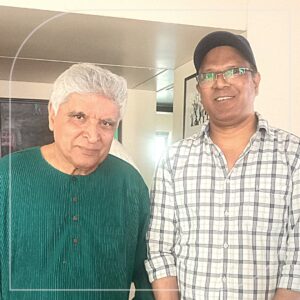 What is the most enjoyable aspect of composing the music for the Marathi movie you just started working on?
What is the most enjoyable aspect of composing the music for the Marathi movie you just started working on?
Ans: My mother tongue is Marathi, so I can understand even the most basic elements of this language and the feelings it conveys. Despite being so close to me, it is simply like any other language. A single word can have multiple meanings that can each be conveyed in a unique way depending on the situation, altering both its overall sentiment and its feelings. When I get a new, uncommon word that is hardly ever used, I am quite enthusiastic about experimenting with it. Having something fresh to do is what makes me happy since doing the same thing over and over again makes me wonder what I have done that is unique.
Do you have a reason for calling this project your “Dream Project”? Please tell us the inspiration behind the name.
Without a doubt. This is due to the fact that “Varhadi Vajantri” is a comedy genre film, and no character in this film portrays a regular or normal person, including the main protagonist. He has a habit of rubbing his nose every now and again, and he pins his handkerchief to his shirt like a child. He is in love with a woman, and her character is also comical. She gets hyper every time. So, for example, if there is a drama and it is emotional, as well as its dialogue delivery, there is a lot of room for creativity, whereas, in practical comedy, there is a frame-by-frame reaction, which means something is always going on in the scene, and in this film, there are many characters, and no one is normal. Composing a song for a comedy film is difficult because it is difficult to combine love feelings and emotions with comedy. I was fortunate to have the opportunity here to arrange music for this comedic film, and everything went well.
You have previously composed music for jingles, TV serials, and a now Marathi movie. What do you think your main objective in your musical career is and will be for the future?
Throughout her life, an artist is always hungry to accomplish more and be more creative than they are today. We are not content with our creativity since, after we complete a project, we realize that there could have been another amazing approach to make our creativity better than it is now. My Guruji always said that computers have an undo button, but in reality, does not. As a result, I can’t undo what I did. All I can do is keep improving. And my next ambition is to do composing for Hindi films because Marathi films are fairly challenging as their film music is always out of format like any other regional film and because there are so many formats in Hindi cinema music I want to experience composing them.


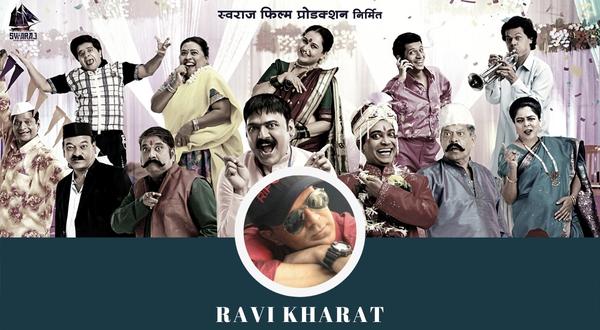
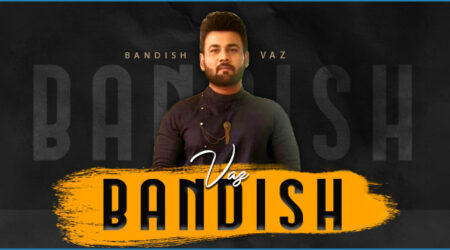
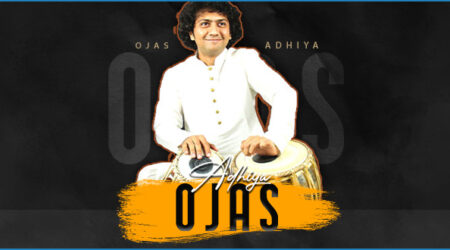
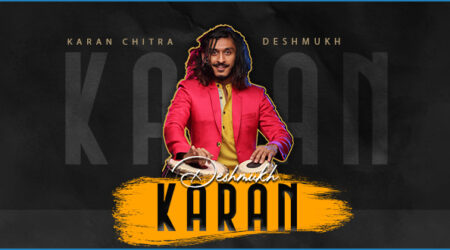
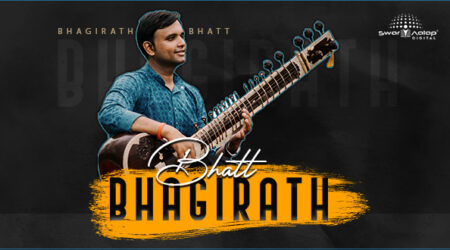

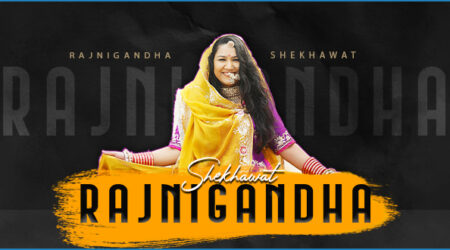
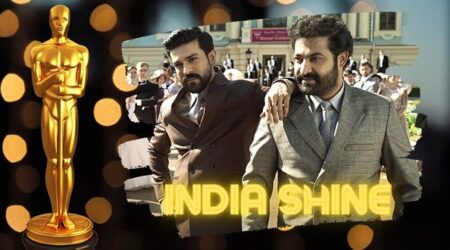

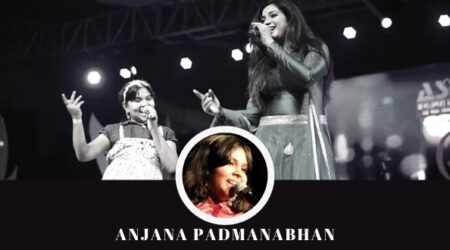
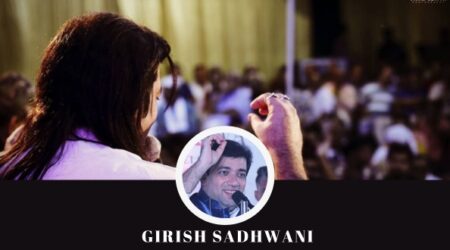

Comment (1)
Heartily thnx to my Dear Friend Dinesh Ghate ji… such a tremendous thought to make artists to express their work experience with d audiance through d beautiful interview… No word to express my emotions to Dinesh ji… Such a
Nobel kind hearted person & Artist… Thnx a ton to Miss Anisha too… what a interview she has done… i amazed , each & every sentence as it is she has written how i talk on a phone call… Dedicated skilled job… I wish both of yu keep growing , keep shining & Stay Blessed… Again & again thnx…?????